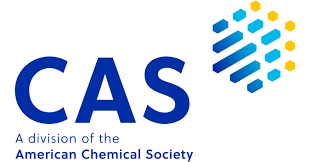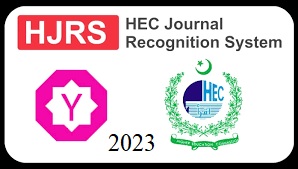SCN1A gene mutation: A rising cause of human epilepsy syndrome
DOI:
https://doi.org/10.56770/jcp2022615Keywords:
SCN1A gene, Epilepsy, Mutation, Dravet syndromeAbstract
Epilepsy is found to be very common neurological disorder; it covers a wide range of abnormalities lying within brain. Generation of electrical activity of brain that is action potential and then its proper propagation in central nervous system (CNS) and Peripheral Nervous System (PNS) upto the target site is mandatory for the proper functioning of brain. The human sodium channel (SCN) family plays its critical role in all these neuronal mechanisms. These channels are prone to number of channelopatheis and mutations that are the key point of research and discussion now a day. About 700 mutations of SCN1A gene have been identified. This gene is considered as the commonly mutated gene in human epilepsy. This review is on the structural, functional and pathological aspects of SCN1A gene and its associated channelopathies. This will explore the advances in epilepsy genetics and may help in designing for new therapeutic modalities for treating epileptic patients.
Downloads
Published
How to Cite
Issue
Section
License
Copyright (c) 2022 The authors retain the copyright without restriction.

This work is licensed under a Creative Commons Attribution 4.0 International License.









